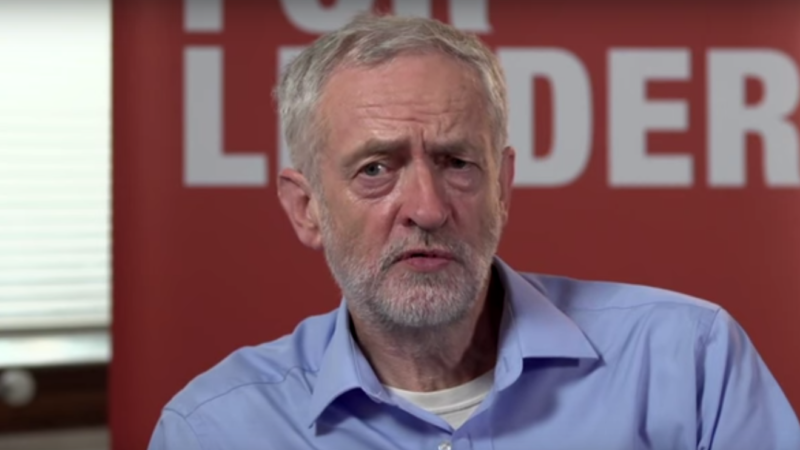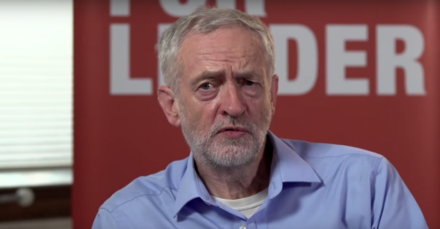

A spokesperson for Jeremy Corbyn today confirmed that the Labour leader’s office believe he would automatically be included on the ballot paper if MPs were to force a new leadership elected.
However, the rules surrounding the issue are less than clear, and that claim is privately contested by many within the party.
This comes as a draft proposal by the pro-Corbyn Campaign for Labour Party Democracy (CLPD) is put forward which would see the number of nominations needed to stand drop drastically. The move is seen as a way to ensure Corbyn, who struggled to win enough nominations to run last summer, would be able to make the ballot more easily. It follows reports that anti-Corbyn Labour MPs may try to oust the leader by the end of the year.
Back in November, The Times reported that legal advice had been given that suggested a sitting leader would need to receive nominations from MPs and MEPs in order to stand again. At the time, sources told LabourList that this was also the position held by some senior party officials.
The advice was based on the precedent set in the 1988 leadership contest, triggered by Tony Benn’s challenge to leader Neil Kinnock, when the incumbent had to seek nominations in order to re-stand.
But that advice is by no means final, and others suggest that the current rules imply automatic inclusion on the ballot for an incumbent. A final decision would likely be taken by Labour’s NEC.
During last year’s leadership contest, Corbyn said that he would like to see Labour’s leader face re-election every one or two years. When he spoke to LabourList in August, before he was elected leader, he cited the 1988 contest a possible model for this.
Asked what he though would be “the best system” for annual leadership elections, he said:
“There used to be, originally, a system where the Labour leader was theoretically elected every year, but it was hardly ever challenged.”
He added that it was not simply a rubber stamp by the party’s annual conference, but an all-member ballot, and referenced the Kinnock versus Benn race.
“It was a wider election. It was an annual election after the party changes in the early ’80s, and that was how there was a challnge to Kinnock in ’88 by Benn and Heffer. And after the election of Blair in ’94[…] the system was then changed”, he said.
“I don’t see why the party should be denied the right to elect people to senior office.”
Corbyn also made clear that the previous system, which would potentially be extremely costly for Labour, was not the only option, and that he wouldn’t “necessarily have the last word” on what the best way forward would be.
“You could do it lots of ways,” he said. “I think the leadership of the party and the Parliamentary Labour Party should be more accountable to the party as a whole. I don’t necessarily have the last word on all this, but there has to be a principle of accountability of what goes on.”
All of this may turn out to be simply academic, however – many in Westminster now believe that Corbyn would have little problem securing the support of enough MPs to make the ballot paper. The strength of support for his leadership from Labour’s grassroots would likely see pressure put on parliamentarians to put Corbyn forward to a vote.




More from LabourList
‘As metro mayors gain power, Labour must tighten political accountability’
Letters to the Editor – week ending 22 February 2026
‘The coastal towns where young people have been left behind by Whitehall’